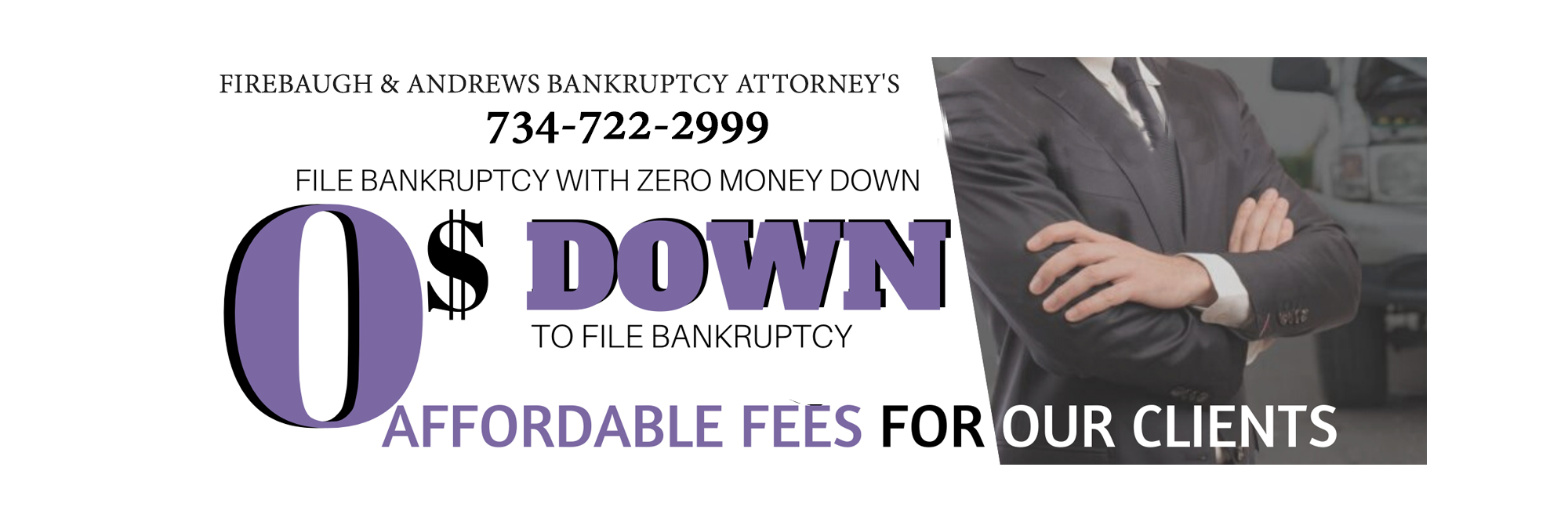Home




zerodownnewbanner
main_slider-1-1
Dedicated to helping people for over 30 years
img-1
img-3
A primary reason many people file for Chapter 7 bankruptcy is to discharge (wipe out) credit card debt. In most situations, your obligation to pay the balance will go away at the end of your case–except in instances of fraud, that is.
(To learn more about Chapter 7 bankruptcy, including what happens to different types of debts, see our Chapter 7 Bankruptcy area.)
When the Trustee Pays Credit Card Creditors From the Bankruptcy Estate
Most Chapter 7 bankruptcies are “no-asset cases.” There’s no property to sell for the benefit of the creditors. In the rare asset case, creditors will receive money according to a priority ranking system. Credit card debts–which are nonpriority claims–fall at the bottom of the list. So it’s unusual for a credit card company to receive any payment at all.
Exceptions to the Dischargeability of Credit Card Debts
Although filing bankruptcy usually discharges credit card debt, it isn’t always the case. A balance incurred through actual fraud, a false misrepresentation, or false pretenses will stay with you. It’s “nondischargeable” so you’ll remain responsible for the obligation after bankruptcy.
Credit card purchases are presumed fraudulent in two circumstances.
Luxury goods. If you use a single credit card to buy more than $675 worth of luxury goods or services within 90 days of filing for bankruptcy, the debt is presumed to be nondischargeable. Bankruptcy law defines “luxury goods or services” to exclude “goods or services reasonably necessary for the support or maintenance” of you or your dependents. Food, clothing, and gasoline, for example, are not ordinarily considered to be luxury goods.
Cash advances. If you use a credit card to take over $950 in cash advances within 70 days of filing bankruptcy, the debt is presumed to be nondischargeable, whether you use the advance for luxury goods or anything else.
(These figures are valid as of April 2016 and will change April 2019.)
The exceptions to discharge for luxury goods and cash advances are not absolute. Under bankruptcy law, it is presumed that any charges for luxury goods and cash advances, within the specified limits, were made through false pretenses, a false misrepresentation, or actual fraud. The presumption means that the burden is on you to demonstrate that you intended to and reasonably believed that you could repay the charge when you incurred it. This is very difficult to do.
How the Creditor Can Challenge Dischargeability
If a credit card company wants to argue that a debt is nondischargeable, it must file a complaint with the bankruptcy court. Unless it files such a complaint, even claims for luxury goods and cash advances are discharged along with other obligations against you.
In Chapter 7 bankruptcy, the deadline for filing complaints challenging the dischargeability of a credit card debt is 60 days after the first meeting of creditors.
If a creditor files a nondischargeability complaint, you must file a timely answer if you want to dispute the creditor’s claim. If you file an answer, the bankruptcy court will hold a hearing before deciding whether or not your debt is dischargeable.
Guarantors and Cosigners on Credit Card Debt
The discharge applies only to the debtor in a bankruptcy case. It does not extend to guarantors or cosigners. If anyone else is liable for charges that you made on a credit card, they will still be liable after you file Chapter 7 bankruptcy, regardless of whether the claim is dischargeable against you.
Call Firebaugh & Andrews for a Free Consultation 734-722-2999
50 YEARS OF EXPERIENCE --- Firebaugh & Andrews has over 50 years combined experience. Our law firm advises and represents both individuals and businesses through the entire Bankruptcy process.